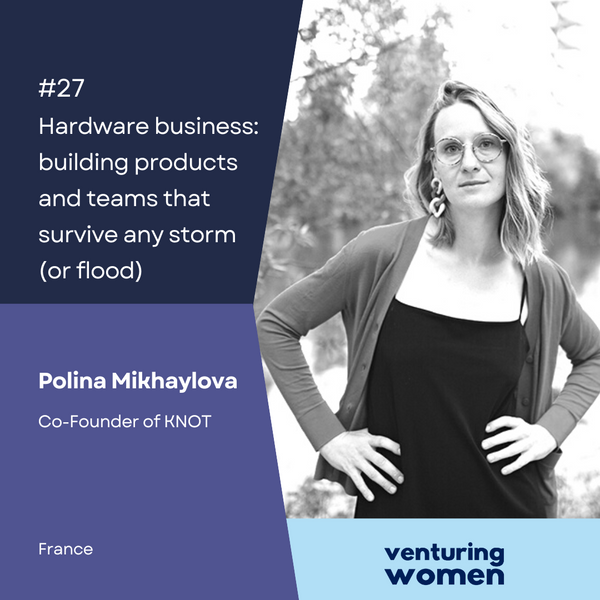#27: Hardware business: building products and teams that survive any storm (or flood) - Polina Mikhaylova
Polina Mikhaylova co-founded KNOT, a micromobility company, in 2015, long before shared scooters came into vogue. Terms like ‘free-floating’ or ‘swappable batteries’ didn’t exist yet. Polina is a true enthusiast of docking stations. Can they be the future of shared micromobility?
Outsourcing vs Hiring a team dilemma
From the beginning of her Starup, Polina faced a decision - to build her own team or outsource engineering tasks. In France, where social security costs are high, building a team can be very expensive. However, outsourcing did not prove fruitful for Polina. Reflecting on the reasons Polina mentions that it may seem like a cheaper option initially but can end up costing more in the due to updates and changes that require additional funds. By having all the skills internally, the prototyping process can be faster and more consistent.
How to validate ideas and build prototypes for hardware solutions
Polina emphasizes the importance of design in the prototyping process and drawing the product before moving on to prototyping. She sees design as a key to validating an idea as it can be used to show potential clients what the final product will look like. Our guest touches on the different types of engineering involved in prototyping and production, namely mechanical, electronic, and software engineering. She recommends starting with the hardest type of engineering, which is usually mechanical, and then moving on to electronics and software. This approach allows for greater flexibility and adaptability as the design can be changed more easily at the software and electronic levels.
“Once you have a design, the most flexible is, of course, the software, it can adapt itself and even enhance the product in the end”
About Polina Mikhaylova:
Polina Mikhaylova is a co-founder of KNOT, provider of sharing and charging infrastructure for micromobility, bikes and scooters, with a presence in 10 countries. She is also an active member of a local startup community in the city of Strasbourg with a passion for non-ordinary events and cooperation between French and German founders. In here previous life, she was a project manager for scale-up European environmental projects thanks to a strong financial background.

